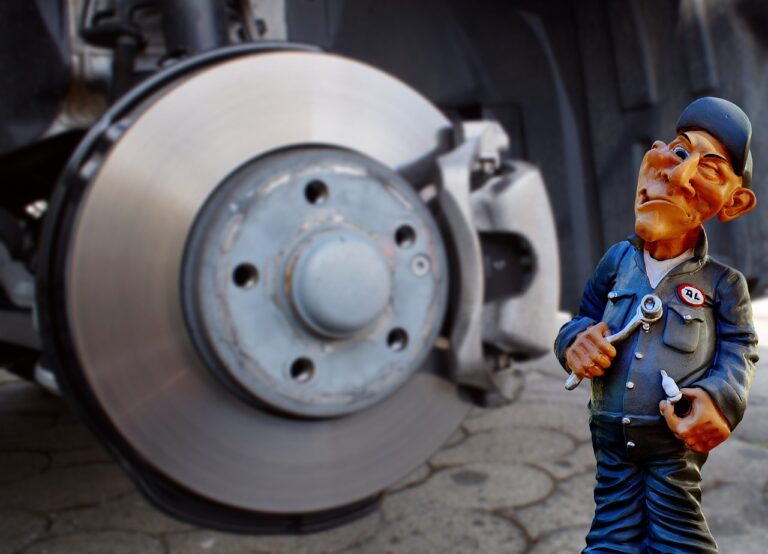The Role of Reshoring in Strengthening Auto Industry Supply Chains
Reshoring in the auto industry brings about various advantages. One significant benefit is the creation of more jobs in the local economy. As companies bring their manufacturing processes back to the home country, they are able to provide employment opportunities for local residents, thus boosting economic growth and stability.
Additionally, reshoring can lead to improved quality control and faster response times. By having production closer to the market, companies can better monitor and control the quality of their products, resulting in fewer defects and higher customer satisfaction. Moreover, being geographically closer to consumers allows for quicker delivery times, reducing lead times and increasing overall efficiency.
Challenges Faced in Reshoring Auto Industry Supply Chains
One of the primary challenges faced in reshoring auto industry supply chains is the significant upfront costs involved in relocating production facilities and operations back to the home country. Companies need to invest in new infrastructure, technology, and workforce training to ensure a smooth transition. This financial burden can be daunting for many companies, especially smaller ones with limited resources.
Another key challenge is the potential disruption to existing supplier relationships and networks. Over the years, global supply chains have become intricately interconnected, with numerous partners across different countries involved in the production process. Reshoring can lead to the need to find new local suppliers or bring existing ones back home, which can be a complex and time-consuming process. This disruption can impact production schedules and overall operational efficiency, posing a challenge for companies looking to reshore their auto industry supply chains.
Impact of Reshoring on Local Economies
Reshoring in the auto industry has profound effects on local economies. As manufacturing jobs return to domestic soil, communities experience a boost in employment opportunities and economic growth. With increased production capacities, there is a rise in demand for goods and services, leading to a ripple effect that benefits small businesses and stimulates the local economy.
The impact of reshoring on local economies extends beyond job creation. As companies invest in their operations within the community, they contribute to infrastructural developments and enhance the overall quality of life for residents. Additionally, reshoring can lead to a resurgence in related industries, such as transportation and logistics, further bolstering the economic landscape of the region.
What are the benefits of reshoring in the auto industry?
Reshoring in the auto industry can lead to job creation, increased economic growth, improved quality control, reduced transportation costs, and better supply chain management.
What are some challenges faced in reshoring auto industry supply chains?
Some challenges include higher labor costs, lack of skilled workforce, potential disruption to existing supply chains, initial investment costs, and potential backlash from outsourcing partners.
How does reshoring impact local economies?
Reshoring can have a positive impact on local economies by creating job opportunities, stimulating economic growth, increasing tax revenues, and supporting local businesses in the supply chain.







